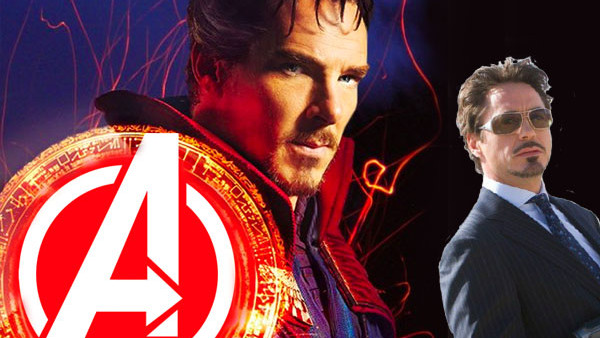What Does The Ending Of Doctor Strange Really Mean?

Almost from the outset of Doctor Strange, it's impossible to shake the idea that Strange and Benedict Cumberbatch is being groomed to step into the leading role of the MCU should Robert Downey Jr move on. The pair share significant genetic similarities: they're outrageously arrogant, disarmingly charming and have an almost regal detachment.
By the end of the film, Strange has adopted his leadership role, revealing that he's already got Loki (and other threats) on a watch-list (just as he was on SHIELD's) and calling Thor to answer to him. If he wasn't being primed for an Avengers leadership role, Thor actually doing him the service of appearing would look somewhat odd.
But can Strange actually become a fully fledged Avenger? No, at least not by the film's internal logic. At one point, Wong says that the Avengers protect the Earth from tangible real-world threats, whereas the Sorcerors look after more metaphysical threats. It's a way to distinguish the two cleanly, but it also serves as a way to keep Strange away from the ensemble. Something significant would have to change for him to take on the natural order of the Sorcerors... Or it would if he wasn't a bad-ass rule breaking son of a gun.
Considering how fatal the idea of RDJ leaving has always been, having a ready made heir to his throne is a great thing for Marvel and for MCU fans. Though, rather upsettingly, his presence now means Stark can be killed off.